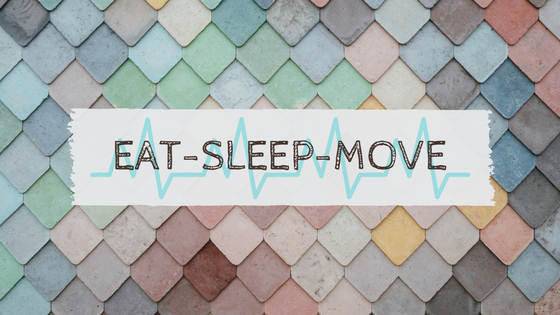A freelancer’s most important resource is his or her own self. However, self-care ranks pretty low on most freelancers’ priority list – especially during the initial days and crunch times!
I am sure you are familiar with the rush of starting something new – it’s all you can think of, all you want to do! In my enthusiasm to get my practice off the ground (I am a freelance counsellor in private practice), I was taking on way more than I could handle, and unfortunately, work suffered. Trust me, no one wants a stressed-out, sleep-deprived counsellor!
Conversations with freelancer friends revealed that I wasn’t alone; that most freelancers take themselves for granted – even though they know it’s not a good idea! So if you too need a reminder that deprioritizing self-care not only impacts your health and quality of work but also increases the chances of a burnout, here are 4 simple strategies for better self-care:
Connect
Don’t mistake all the work-related calls and emails for social interaction. Make a conscious effort to connect with people. Depending on your preference this could mean hanging out with friends, attending networking events or even by working from a co-working space or café for a change. Isolation hampers creativity. Sometimes, when you’re stuck, it helps to get out of your head and talk to people. The interaction not only helps you unwind but often leads to new perspectives and fresh ideas.
Delegate
As a freelancer, you probably like the idea of doing stuff on your own. However, keep a realistic view of how much you can do in a day. Factor in the billable, work-related tasks along with all other chores or responsibilities. Even seemingly simple tasks like planning meals, cooking, vacuuming, watering the plants and walking the dog take up time and energy. It is unfair to expect to be able to do everything without any support! Taking on everything can eventually make you irritable and resentful. Ask for help when you need it.
Prioritize the tasks that you must do on your own and delegate the rest. There are software and apps available for a variety of activities. Delegating repetitive tasks that do not require your constant attention helps to free up a lot of precious time.
Guilt-free breaks
Do you often feel that there is loads to do and not nearly enough time? Do you keep pushing yourself, trying to get everything done, and find it quite challenging to take a break? Or perhaps, you do take breaks but can’t stop your brain from thinking about the pending tasks or planning ahead.
It is impossible – and extremely unhealthy – to sustain a round-the-clock work ethic. Scheduling planned breaks makes you more productive than working continuously. Your mind and body need some ‘down time’ every once in a while. And feeling guilty about taking a break doesn’t help either! Give yourself the permission to take a break. Don’t worry; it won’t derail your plan. In fact, it will re-energize you to do better quality work.
Healthy Habits
One of the easiest strategies to ensure self-care is to look after your body. How do you do that? Eat right. Sleep right. And move!
As far as possible, avoid snacking on junk, or at least balance them with healthier options. Apart from the widely known risks such as diabetes and obesity, high sugar and processed foods tend to make you lethargic and distracted. Have nutritious meals at regular intervals.
Find an activity that you enjoy and make it a point to move regularly! Physical exercise has proven benefits for your overall well-being – including reduced stress, anxiety and depression along with increased energy, resilience and cognitive functioning.
In addition to keeping yourself well nourished and active, it is equally important to get adequate rest. You have probably noticed that your productivity decreases when you are tired. Did you know that the lack of sleep affects memory and attentiveness, making it difficult to grasp new information? Your decision-making can also be affected if you have not had a good night’s sleep.
Maybe it’s just me, but do you sometimes find yourself missing the safety and structure of a full-time job? I know that I’ve had bouts of self-doubt more than once when I’ve contemplated trading this for the security of knowing where my next paycheck is coming from! When I’m really struggling, I find myself missing little things like the banter with colleagues, earned leaves, planned vacations… But if I’m being completely honest, the things I miss are not because of being a freelancer! Well, maybe the paychecks part...but definitely not the rest! ;) These are just symptoms of something deeper. After reflection, I have come to realize that I miss the trappings of employed life when I’m feeling low or isolated or being particularly hard on myself. It indicates that I need to be more attentive to my needs; that I need to try harder to prioritize self-care.
For the sake of brevity, I have used the term ‘freelancer’ in the title of this post. However, these suggestions for self-care apply to freelancers as much as they apply to start-up founders, private practitioners, entrepreneurs, small business owners or even someone working remotely or from home.






